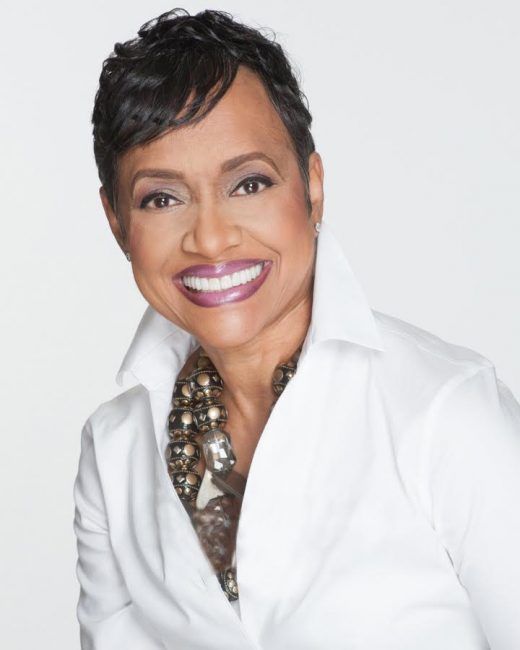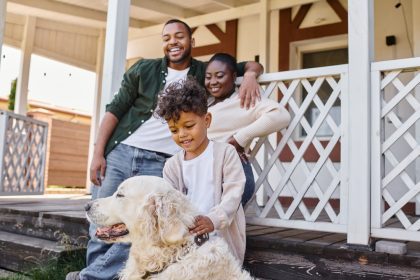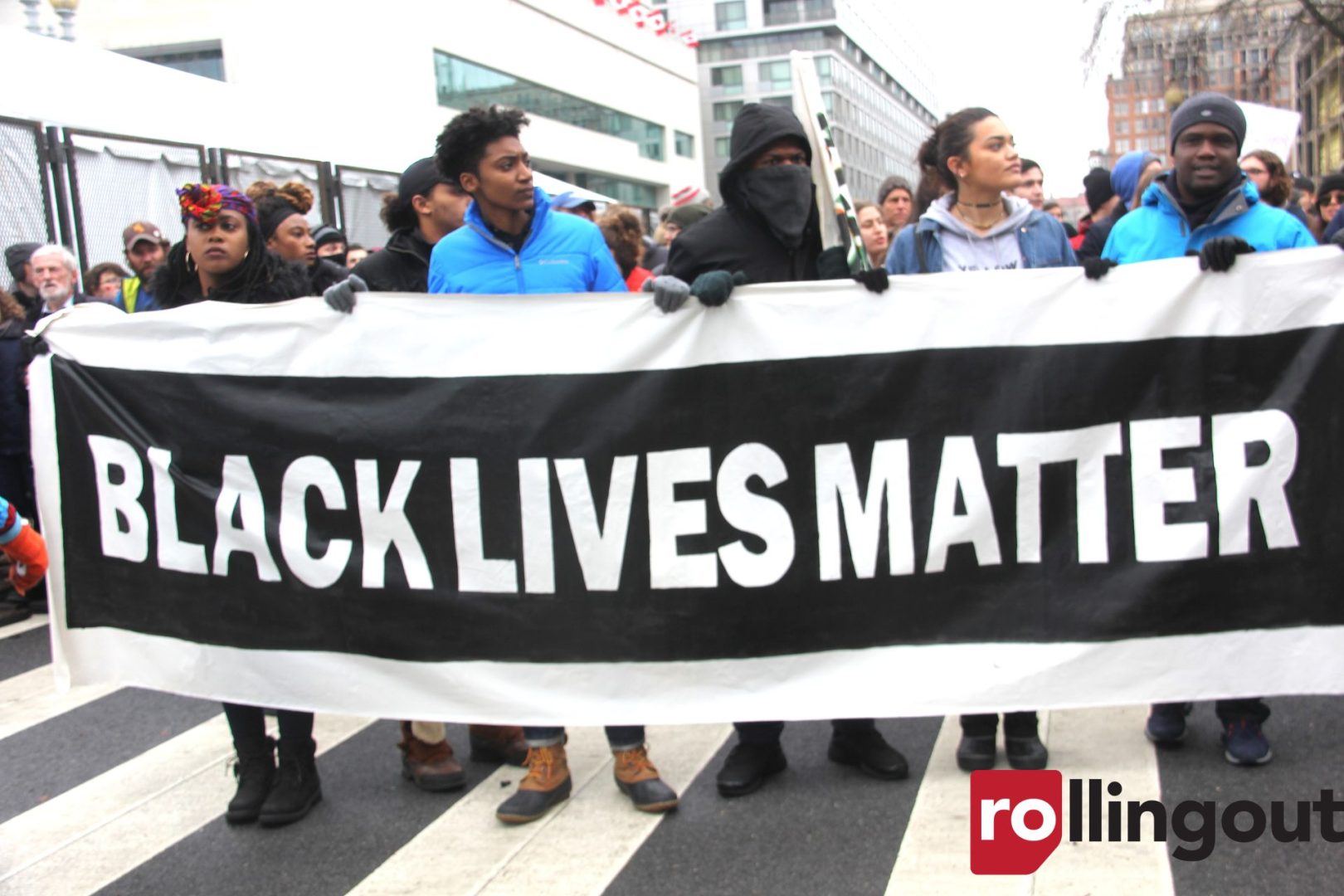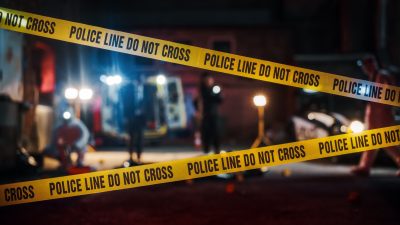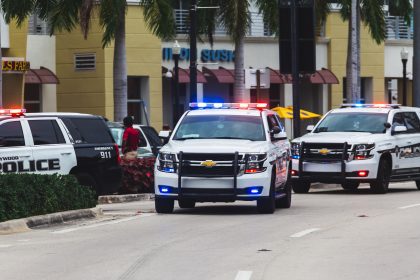
Deadly police shootings plagued headlines in 2017 and continued to do so in 2018. In 2017, officials recorded 987 police killings nationwide. As of June 2018, 519 deaths had been confirmed so far.
The fatal shootings of unarmed African Americans have had an especially corrosive influence on relations between police departments and communities of color. The acquittal of the officer who killed African American Philando Castile in Minneapolis represented one of many injustices that leave citizens with the impression that police can kill them with impunity. To reverse the distrust sowed by the apparent status quo, police departments need to reform their operations and allow communities to have a greater say in disciplinary matters.
The first step required to reduce police violence is systemic reform by using the best practices of thousands of men and women who serve their communities with integrity and commitment to the greater good.
The defensiveness of police departments after officers use excessive or deadly force deepens the divide between law enforcement and communities. New laws need to push enforcement agencies to accept their public service role. Body cameras have been suggested by many concerned parties, like the ACLU, as a means of recording police encounters. Rules need to be in place that requires officers to keep their cameras active and discipline officers if they fail to record their activities.
Police departments also need to collect and study data about their activities. Information about the racial background of drivers stopped by police could alert departments to racial profiling.
Although many agencies already collect video and audio, they often withhold the recordings from the public during investigations of police violence. Legal reforms need to push for the immediate release of this evidence to halt attempts to limit interaction with the community. States could enact additional laws to set up independent committees that review cases of excessive force.
At the municipal level, laws should enable civilian review boards to investigate incidents and recommend disciplinary action.
Alterations to police training could also play a significant role in reducing violence. Tactics that have already proven successful at reducing police shootings, like those adopted in Camden, New Jersey, include teaching officers to de-escalate confrontations and focus on everyone being alive at the end of the day.
There are several ways that local governments can help improve community and police relations.
Local leaders need to emphasize that policing should benefit communities. Officer foot patrols and positive participation in community events by officers will build a foundation that promotes contact between civilians and officers. Law enforcement agencies should make an effort to be transparent about what is happening during investigations with an emphasis on protection. Improved communications could break down barriers and show people that the police want their input about public safety concerns.
Police departments also need to collect and study data about their activities. Information about the racial background of drivers stopped by police could alert departments to racial profiling. This data could allow police departments to guide officers toward more equitable policing. A reduction of discriminatory practices could encourage communities to place more trust in their local police. As records build up over the long term, local leaders could measure their progress toward goals.
The official motto adopted by many police departments is “To Protect and to Serve.” There are several steps that can help communities feel that motto reflected in their local officers.
When community members truly feel like officers are listening to them, a trust will develop. Whenever possible, officers should strive to achieve a real give and take of ideas. This requires active listening in which an officer seeks input from neighborhood people and takes the time to understand their concerns and point of view.
When people perceive a connection with their local police officers, a rapport might eventually be established that aids with criminal investigations. Although officers frequently need to give commands during stressful or dangerous situations, their training should teach them to distinguish between the two communication styles so that they will know when they can invest time in listening.
Cultural sensitivity forms another element of effective communication. Community members and police officers come from many backgrounds. Their prejudices might seep into their actions. Law enforcement educators should tailor their programs to make officers aware of the cultural differences within their communities. These insights could allow officers to reduce threatening body language, understand social cues, and prevent disputes.
As public agencies, police departments need to maintain a presence within their communities beyond solely responding to calls of distress or criminal activities. Departments could develop partnerships with local nonprofit groups or community coalitions. These relationships will help community members and officers solve problems together. Another strategy involves officers checking in with their contacts in the neighborhood to collect news or visiting local businesses on a regular basis. The more that officers connect with people the less inclined they are to feel like a separate entity in opposition to the civilian community.
People can only have justice when they trust their law enforcement institutions. The current state of affairs does not have to continue. Police departments and lawmakers have access to effective strategies that improve community relations and reduce the use of excessive force. –Judge Glenda Hatchett
(Judge Glenda Hatchett is the founder of The Hatchett Firm, P.C., located in Atlanta, GA, and the only female-owned national firm. Hatchett is a trusted personal injury attorney in Atlanta, specializing in wrongful death, catastrophic injury, police misconduct, product liability, class action, premises liability, civil rights, and more. Hatchett presides over the two-time Emmy nominated nationally syndicated courtroom series, “Judge Hatchett,” now in its 16th season.)
